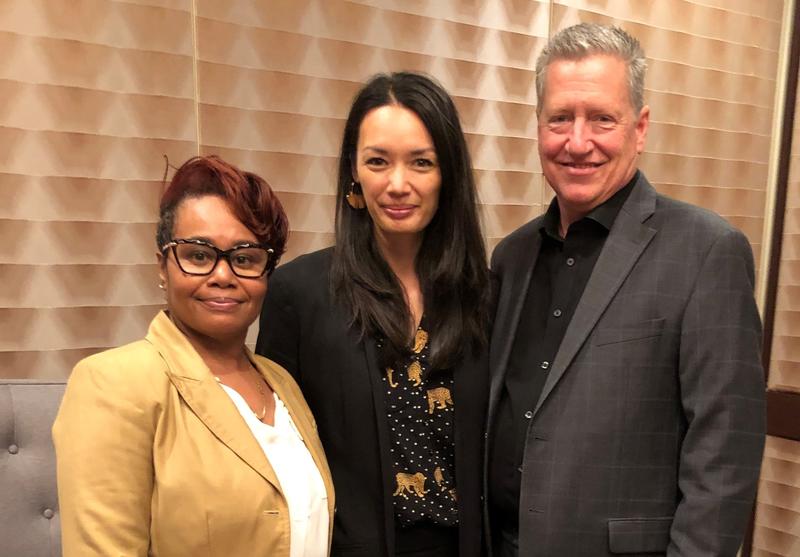Read How Jurisdiction Leaders Can Offer Voluntary, Upstream Supports
Supporting Substance-Using Caregivers: Pregnancy, Birth, and Early Childhood
In this publication, we detail three key steps leaders can take:
- Structure supports to build trust
- Offer support earlier, before a crisis
- Design recovery services to honor caregiving
Read the Publication





